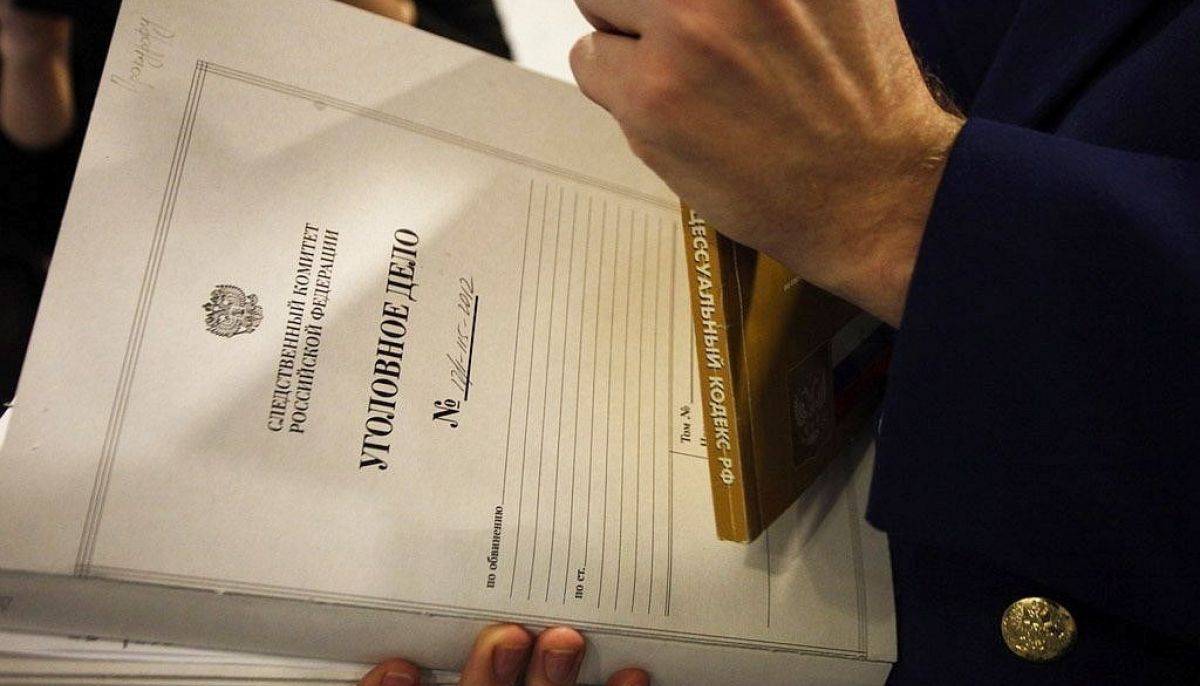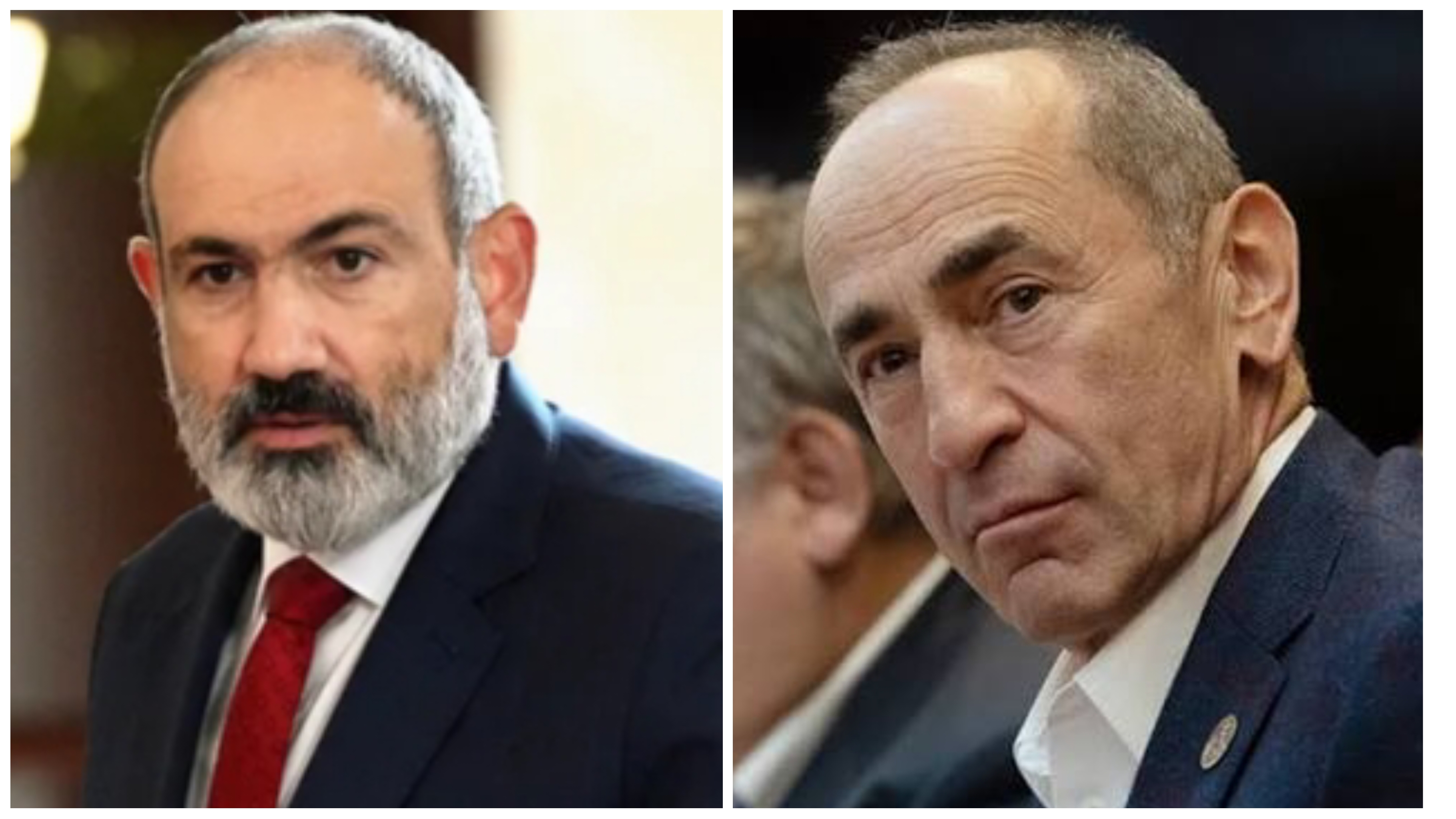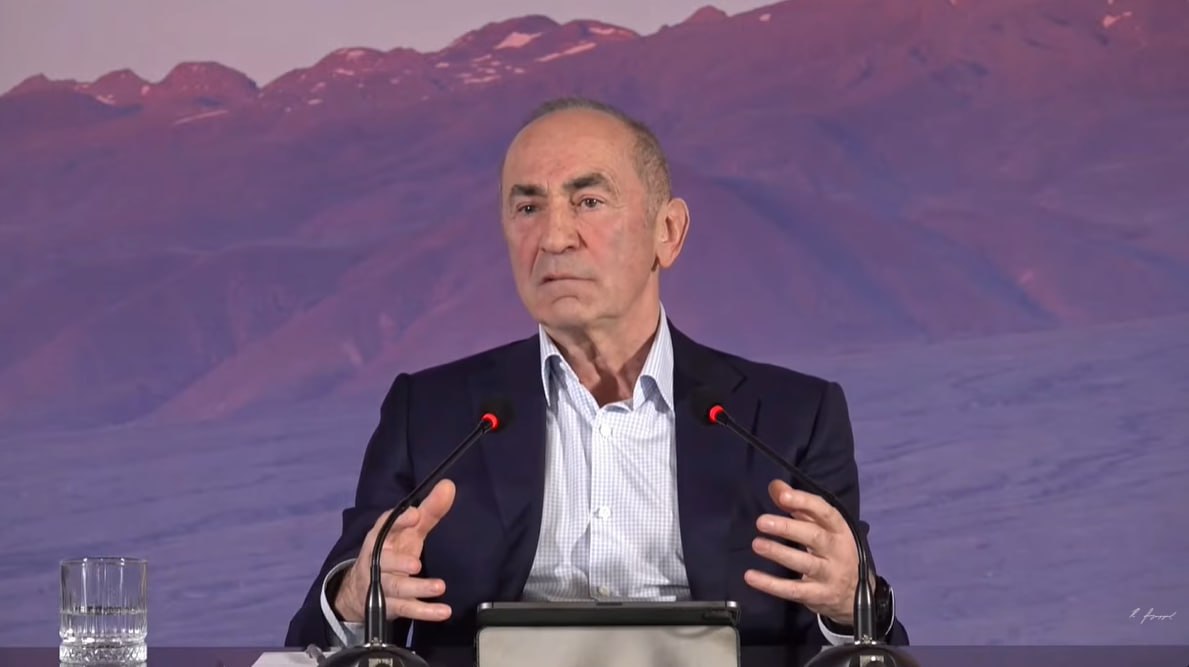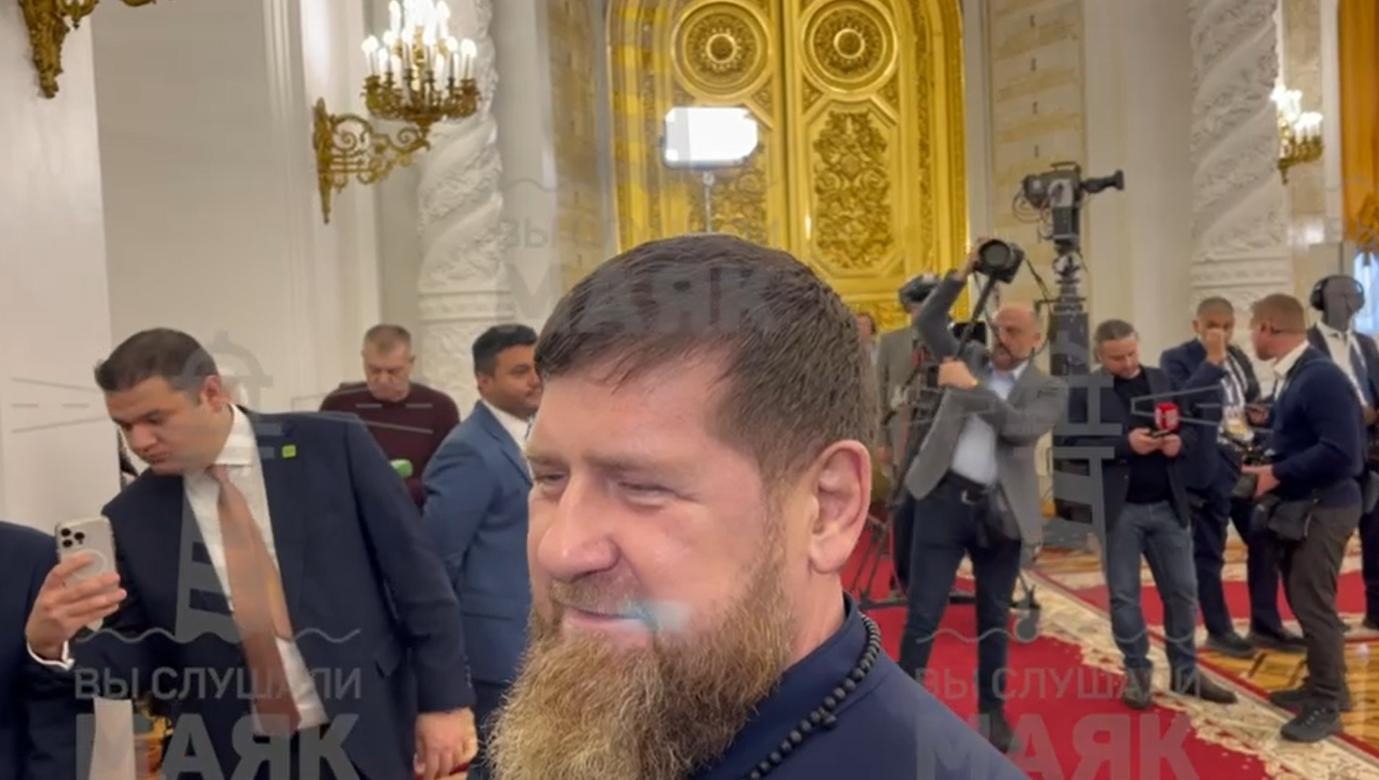A second administrative case has been opened in Chechnya in Russia for searching for "extremist materials" online. The case was registered by the Naursky District Court, and local resident Isa Magomadov is listed as the offender.

July 10, 2001
MEDIA REPORTS
***
The Council of Europe Committee for the Prevention of Torture, Inhuman or Degrading Treatment or Punishment has issued a statement concerning Chechnya. The appearance of the document is due to the fact that "the Russian authorities did not show proper cooperation with the Committee on two issues." The first is to conduct a thorough investigation of the events in the Chernokozovo pre-trial detention center between December 1999 and early February 2000. The second is to identify and initiate cases of humiliation of persons deprived of their liberty during the current conflict in Chechnya.
The information collected by the representatives of the Committee during their trips around the North Caucasus in February-March and in April 2000 testifies to the numerous cases of humiliation of prisoners who were in the Chernokozov SIZO No. 2 in the period from December 1999 to early February 2000. However, To date, the investigation required by the Committee has not been carried out by the Russian authorities and, apparently, they do not intend to conduct it,” the statement says.
In addition, according to the information collected by the members of the Committee in February-March and in April 2000, “since the beginning of the Chechen conflict, there have been numerous cases of physical abuse of detainees by the Russian military and representatives of law enforcement agencies. The response of the Russian authorities to the recommendations of the Committee to investigate these cases was unsatisfactory,” the document says.
The Committee is fully aware of the complexity of the situation as a result of the Chechen conflict, it is also aware of the gravity of the crimes committed by Chechen fighters. However, "the Russian authorities must not allow the response to such actions to result in torture or other forms of humiliation," the statement stressed.
***
On the 27th day of the hunger strike of Chechen migrants from the Satsita tent camp in Ingushetia, the number of participants in this action was 41 people. Over the past six days, 13 people have been taken to the Sunzhensk regional hospital due to the deterioration of their health. Also, 4 people are starving in the tent camp "Consent" in the city of Karabulak and three people temporarily living in the state farm MTF-3.
A group of residents of the Chechen village of Alkhan-Kala arrived at the place of the hunger strike of the migrants. The head of this group, Malika Adaeva, said that they had accepted an appeal to the UN Secretary General in connection with the recent events in Alkhan-Kala. The appeal states that as a result of "cleansing operations" in the village, 20 civilians were killed, and about 2,000 people passed through filtration camps. In this regard, the residents of the village of Alkhan-Kala are asking to send a UN commission, as well as to stop the "arbitrariness of Russian troops" by "bringing peacekeeping forces into Chechnya under the auspices of the UN." According to them, they do not have the opportunity to move freely around the village, since checkpoints are set up every 200 meters, and residents do not want to return to Alkhan-Kala until the situation improves.
***
The heads of the administrations of the Achkhoi-Martan district Shamil Buraev, the Sunzha district Khizir Vitaev, as well as the settlements of Assinovskaya, Sernovodsk and 12 settlements of the Achkhoi-Martan district will not resign. This was stated by the head of the administration of the Chechen Republic Akhmad Kadyrov, stressing that after the meeting with the participation of the presidential envoy of Russia in the Southern Federal District Viktor Kazantsev, as well as conversations held with the heads of administrations who submitted their resignations, this issue was removed from the agenda.
From the book "People Live Here", Usam Baisaev, Dmitry Grushkin, 2006



